"No letter, no phone call, no email:" Why MPS kept lead test results quiet for months
MILWAUKEE -- Milwaukee Public Schools officials are still adding up the cost of testing nearly 13,000 water fixtures, not to mention the cost of repairing or replacing those that showed dangerous amounts of lead.
Now, the FOX6 Investigators are asking why it took the district five months to tell parents about lead in the water. For the first time since results were posted on the MPS website in December, a top administrator sat down with FOX6 Investigator Bryan Polcyn to talk about the findings.
One of the first things Wendell Willis said during a 48-minute interview with FOX6 News was his desire last spring to be "fully transparent" with the process of testing the district's water. Willis, the chief operations officer for MPS, said they were not required to test the water at all. They did so voluntarily, to reassure the community that the water is safe. In many schools throughout the city, however, safe water is not what MPS found.
Scroll down to watch the complete, unedited interview with MPS COO Wendell Willis
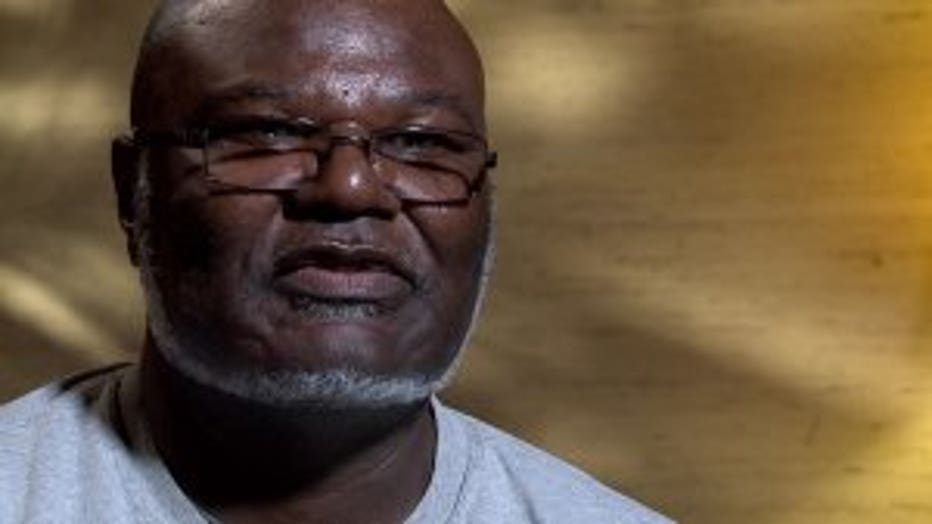
Jeffrey Hawkins, parent of 9th grade student at MacDowell Montessori School
"No letter, no phone call, no email. Nothing," he said.
MacDowell is one of dozens of MPS schools where testing showed dangerous levels of lead in the water.
In fact, nine out of 10 faucets and drinking fountains at MacDowell showed some amount of lead. Two out of ten surpassed the Environmental Protection Agency's action level of 15 parts per billion (ppb), including one drinking fountain that tested at 470 ppb -- 31 times over the EPA limit.
"We have a big problem," Hawkins said.
District wide, more than 2,000 samples came in over the limit, including 183 from drinking fountains.
"Some of those water faucets and drinking bubblers had exceptionally high levels of lead as a source," said Milwaukee Alderman James Bohl, who is chairman of the city's Water Quality Task Force.
Bohl says the MPS results are especially troubling because of one thing.
"None of those schools had lead service lines," Bohl said.
While the city is worried about lead pipes leading into thousands of old houses, it turns out lead pipes are not the only source of lead in the water.
It can also come from lead solder and corroded plumbing in old faucets and drinking fountains.
"As a product of MPS, I have been drinking that water forever," Willis said. "We believe, and our assumption is, we have quality water for our students. But we would rather not have an assumption."
Last summer, the district tested more than 12,600 samples from sinks, spigots and water fountains in more than 180 schools.
"And if the lab tests say 'high,' we shut it down," Willis said.
Any fixture that tested above the limit was taken out of service for repair or replacement. That includes some of the fixtures at MacDowell, though Hawkins says no one told him about that.
"I was never was informed," he said. "Not one time."
"When was the first time you told parents that lead had been found in the water?" Bryan Polcyn asked Willis.
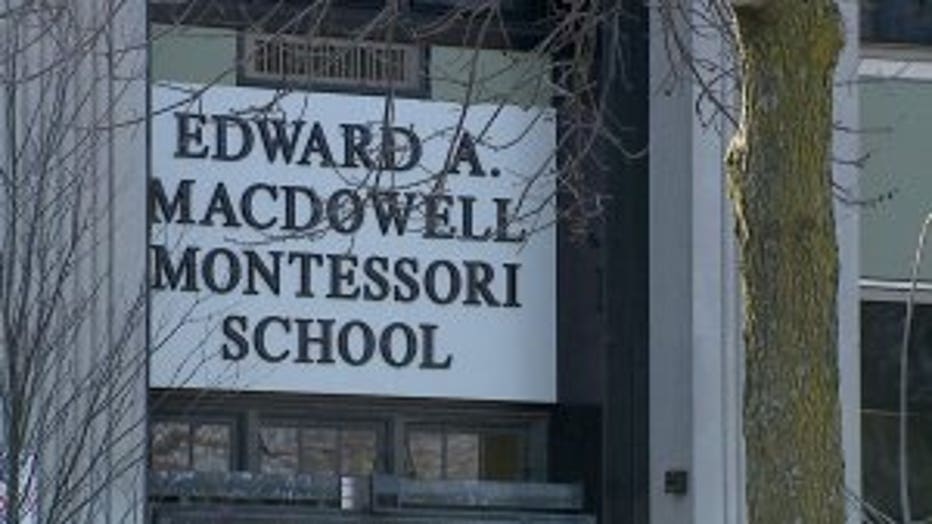
Nine out of 10 water samples taken at MacDowell Montessori School showed measurable lead. Two out of 10 surpassed 15 parts per billion.
"Beginning, really, with the going back to school. Right?" Willis answered. "You know, we have positive test results. But again, you cannot get water from that fixture."
While MPS did shut down any fixtures that tested too high, our investigation found no evidence the district told parents why it was happening.
MPS first shared preliminary test results with the Milwaukee Health Department on August 1st. But more than a month later, the district had yet to tell parents. On September 7th, questions came in from the news media, state lawmakers, even the district's own nursing staff. And on September 9th, MPS finally sent letters to parents. But even those letters failed to tell the full story.
"Those letters never said lead was found," Polcyn said.
"So now you want to engage in a debate about the semantics of the words being used," Willis replied.
The September 9th letters called the tests 'precautionary,' even though 99 percent of the testing was already done. Thousands of samples had already tested positive. The district was sending bottled water to affected schools. And sinks and bubblers were already being replaced.
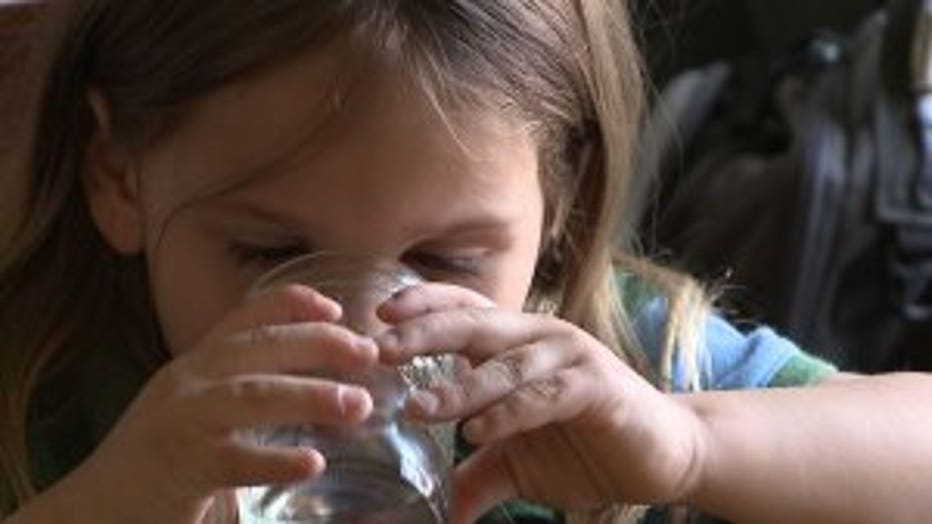
Lead is a toxic metal that can lead to learning disabilities and impaired hearing, among other negative health outcomes, especially in children under the age of 6.
"Why not say something right away?" Polcyn asked.
"We actually did say that to parents in those particular schools," Willis answered. "We weren't going to make a massive, widespread announcement."
The FOX6 Investigators found no documented evidence that the district informed parents at any school. Willis says they left it up to individual principals to spread the message verbally.
"Did you follow-up to make sure the principals did that?" Polcyn asked.
"We tried to in most cases," Willis said.
Parents and students we talked to say they didn't get the message.
"This is the first time I've heard of it," Daunte Norman, an MPS parent said.
"No, not a word," said Laura Lake, another MPS parent.
"I feel like I was deceived as well as every other parent there that was there," Hawkins said.
Emails obtained by FOX6 News show MPS and city officials spent the month of August trying to decide what to tell the public.
On August 2nd, the Milwaukee Health Department's Paul Bierdrzycki wrote we "want to make sure we are calibrated in our messaging."
On August 12th, a staffer in the mayor's office suggested "it would be good to speak with one voice for the public."
On August 25th, MPS spokesperson Denise Callaway wrote "we really need to huddle around this."
"That's coordination, that is not collusion," Willis explained. "Two completely different words."
Willis told FOX6 it was up to the Milwaukee Health Department to tell MPS when to release test results.
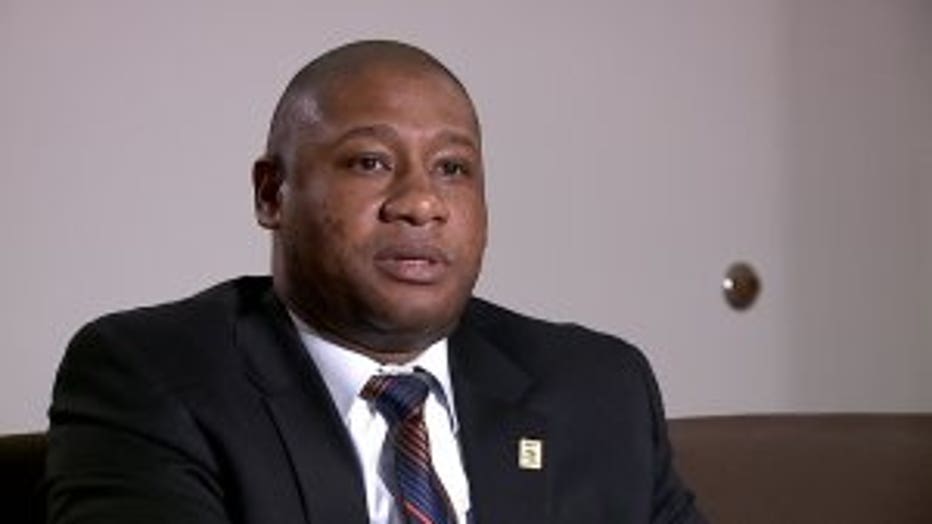
Wendell Willis, Chief Operations Officer for Milwaukee Public Schools
"They provide the final blessing as to what should be released to the entire public," Willis said.
The health department sent FOX6 a statement that says "At no time did the City of Milwaukee Health Department recommend that MPS withhold test results either during or after testing was complete."
But MPS repeatedly denied FOX6 Investigators access to those results, claiming that "no records" could be located in August, again in September and a third time in November.
"This is huge!" said Milwaukee Alderman Mark Borkowski, when told of the repeated open records denials. "It's like they had information, but they didn't want to share information."
Willis admits they had the data, but says it was not yet "fully validated."
"I have seen a number of examples of where we tried to provide people with data that was considered raw data," Willis explained, "and it had been used against us in a not friendly manner."
It wasn't until five months after high lead results started coming in -- and three months after testing was complete -- that MPS finally posted the test results online. But even then, the district downplayed the findings, proclaiming in a press release that "virtually all drinking fountains" met EPA standards.
Our investigation found 16% of all samples failed the test, including 6% of the bubblers.
"Is that good enough to say virtually all of them are good?" Polcyn asked.
"I think it is," Willis said.
Hawkins says, until there's no lead at all, it's not good enough.
"Do you feel the water at MPS is safe?" Polcyn asked.
"I feel the water at MPS is the safest we've got in Wisconsin," Willis replied.
Under current law, schools in Wisconsin are not required to test water for lead, unless they're using private wells. And Wendell Willis says that's why he believes MPS now has the safest water in Wisconsin -- because they tested it, while others haven't.
MPS also points out that it is voluntarily replacing any fixture that tested above 15 parts per billion, even though EPA only recommends flushing the system.
The district has no plans to replace fixtures that showed measurable amounts of lead below 15 parts per billion.
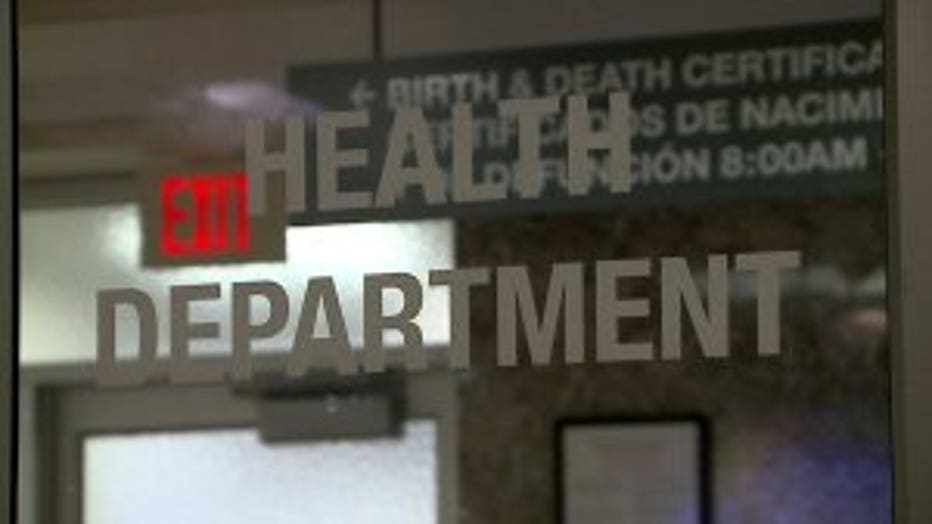
Milwaukee Health Department assisted MPS with testing protocols, but a spokesperson says MHD did not recommend withholding of results.
Willis says they are still adding up the cost of testing and replacement. Meanwhile, they are also considering what to do next.
Should they replace all of the aging fixtures? Should they install filtration systems? Should they re-test the fixtures again and, if so, when and how often?
That is all up in the air at this point.
The FOX6 Investigators requested on camera interviews with the Milwaukee Health Department and Mayor Tom Barrett. Both declined, sending written statements instead.
MHD sent the following statement:
The City of Milwaukee Health Department assisted Milwaukee Public Schools in their goal to carry out voluntarily testing of drinking water by providing initial consultation to Milwaukee Public Schools Division of Facilities and Maintenance related to testing such os the appropriate sampling protocol consistent with USEPA 3Ts guidance, importance of using certified laboratories, and prioritization of active K-2nd grade schools (students under 6 yeors of age).
MPS initiated testing and notification of school staff based on their own internal deliberations and timeline. ln addition, the selection of certified laboratories, sample sites and collection, as well as data analysis was done by MPS. The MHD was provided select summary testing results in late summer, and was informed that as MPS received results, they were taking fixtures in question out of service. The MHD strongly encouraged MPS, as is standord operating procedure in the department, to share all testing results with the MPS community including staff, employees, parents and students.
We hope that other school systems statewide - both private and public, with or without lead service lines - conduct lead in water risk assessment of their facilities given the results of this testing. Additionally, we will continue to coordinate with partners such as MPS who want to be informed, proactive, or support work around the issue of lead exposure. Any implication that we should not do so is not in keeping with our mission to support agencies across our community. The MHD is available to assist MPS or any other schools or locations where young children are present in reviewing field testing protocols or evaluating alternatives to reducing possible exposure to lead through drinking water.
The mayor's office sent the FOX6 Investigators the following statement:
Mayor Barrett has taken the lead issue head on and we will continue to work with partners and any interested parties on the identification of lead hazards.
Watch the complete, unedited interview with MPS Chief Operations Officer Wendell Willis, broken into five parts:
Part 1:
Part 2:
Part 3:
Part 4:
Part 5:

